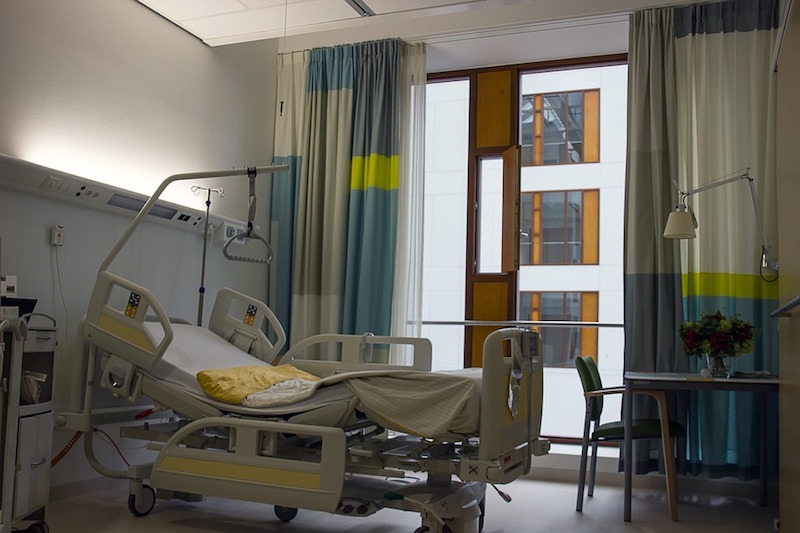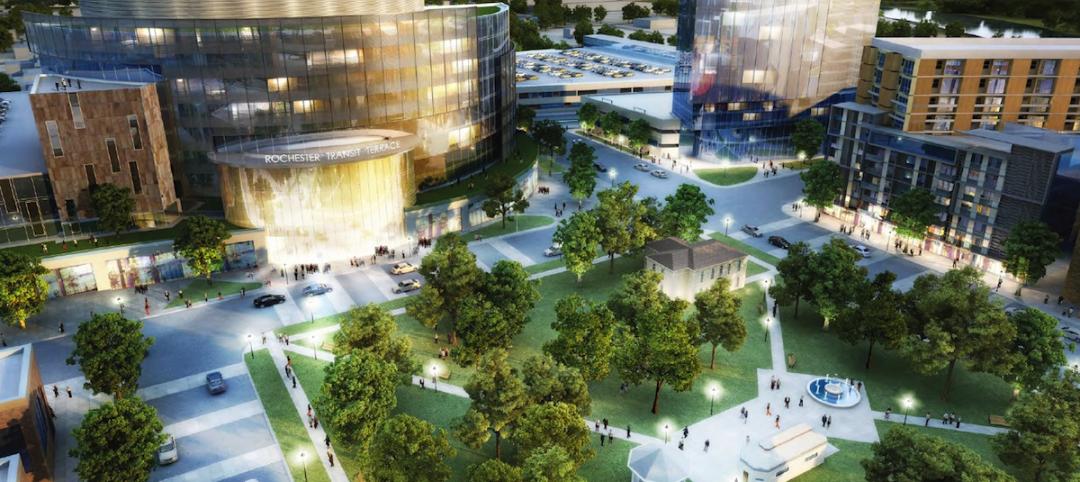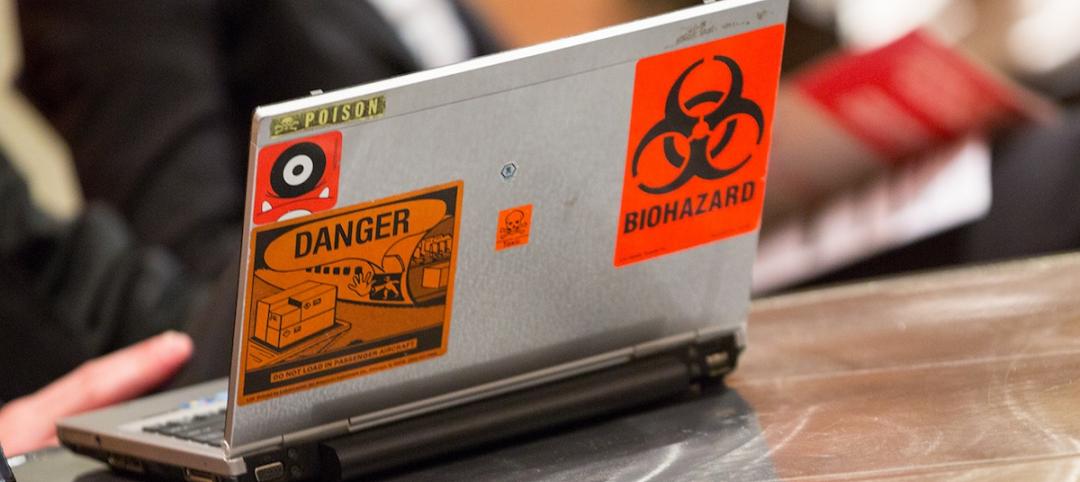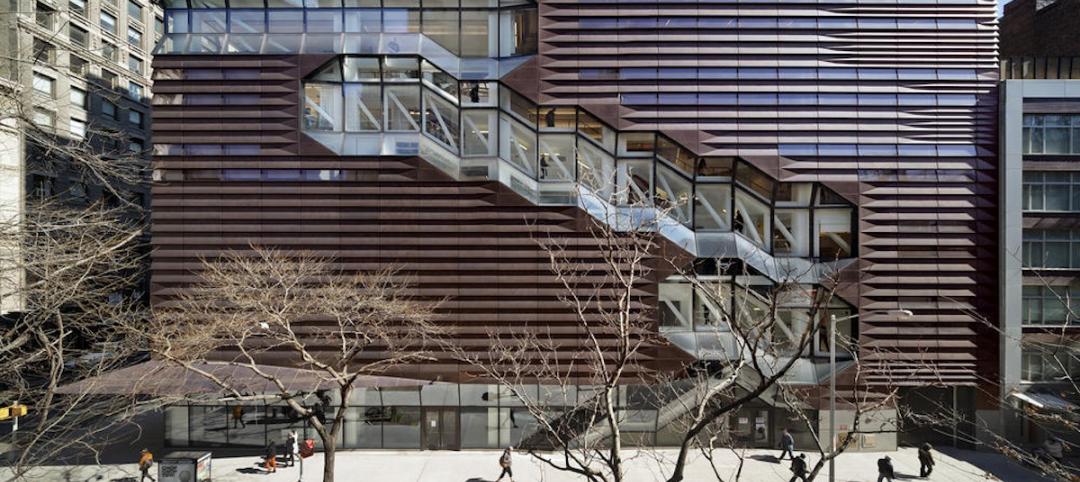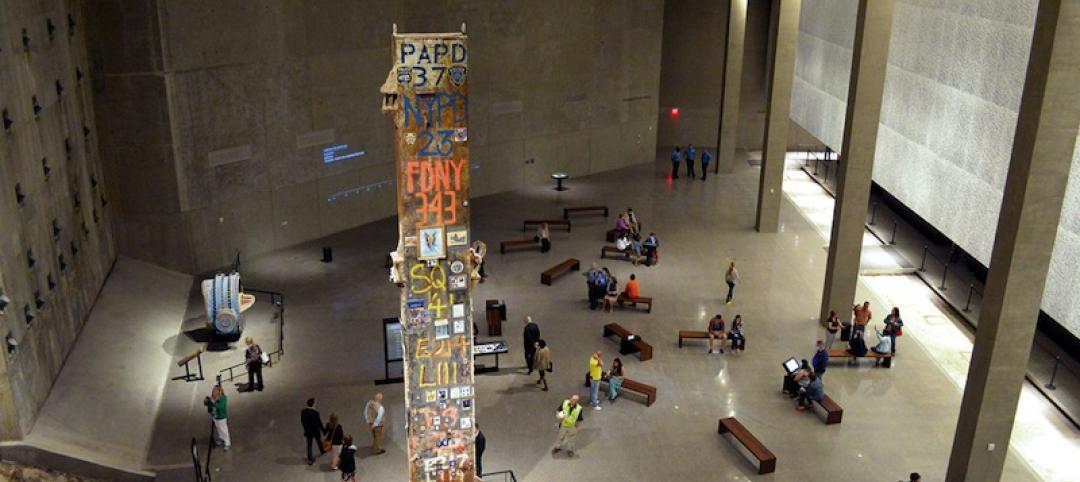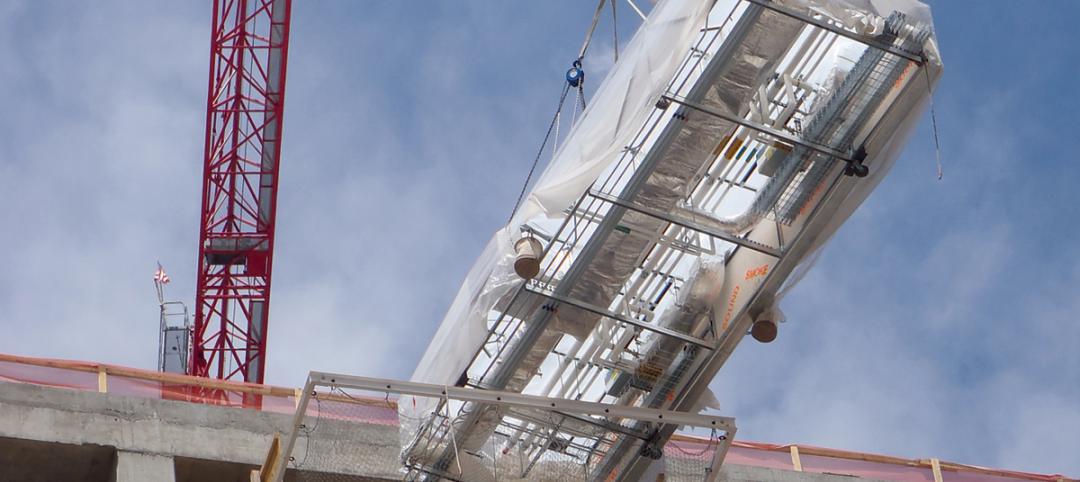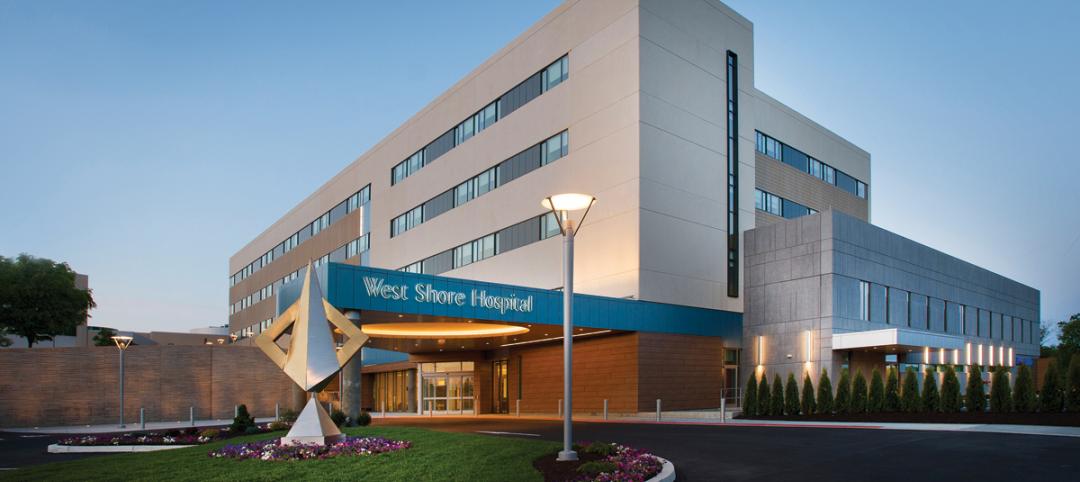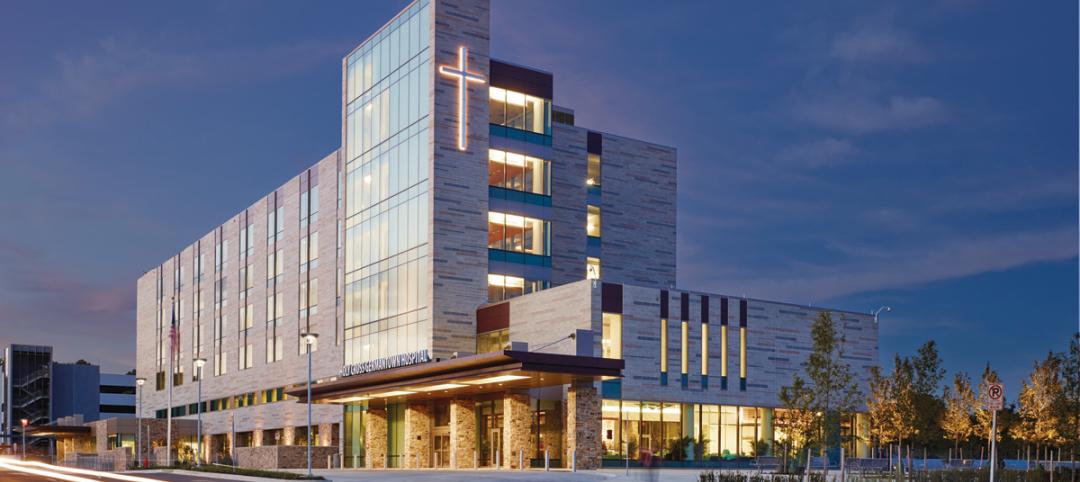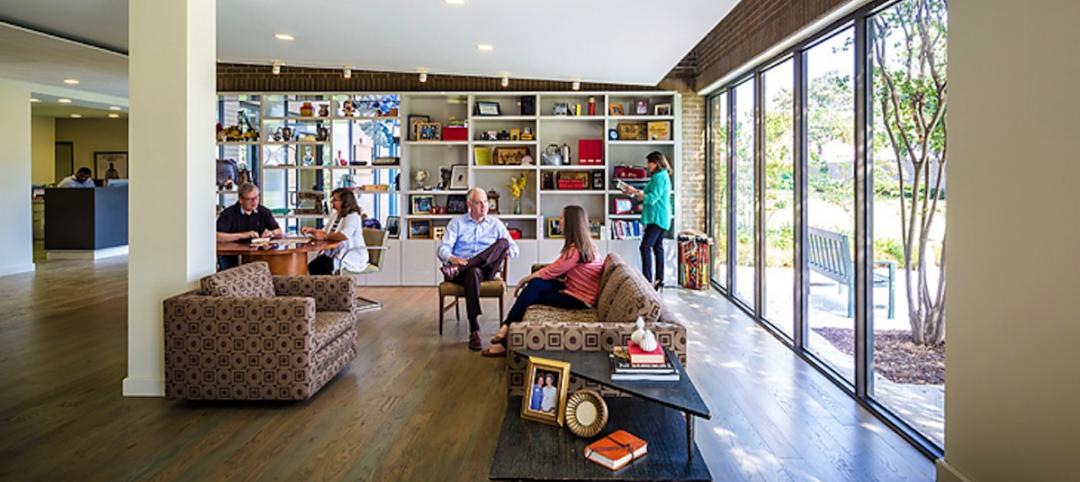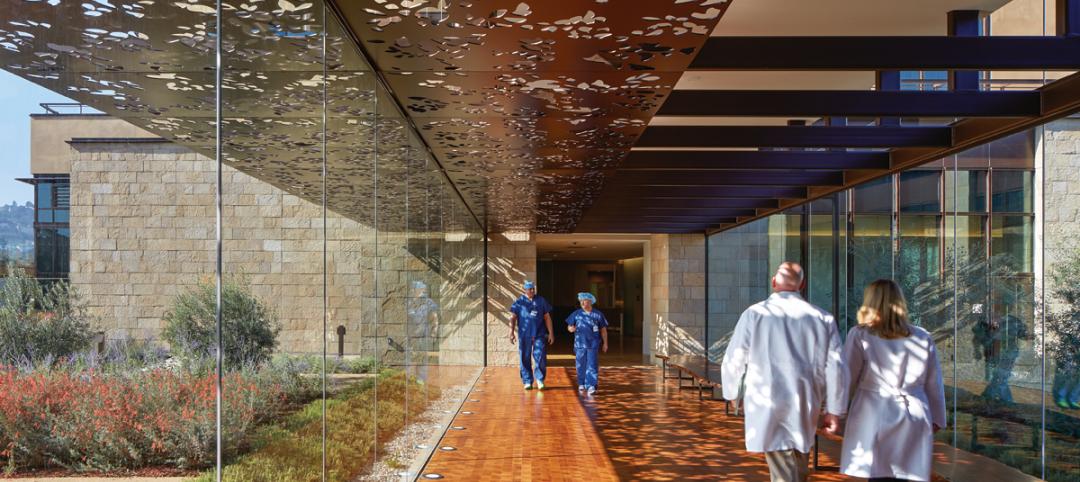New insights recently released from Steelcase Health underscore the importance of family participation during a patient’s hospital stay and highlight how patient room design can impact family experiences and influence patient satisfaction and outcomes. The company’s findings also reveal that, in most current patient room settings, many family members still have significant unmet needs.
Well-designed healthcare environments can be a powerful tool in supporting a family’s ability to meaningfully engage in their loved one’s care, but many hospitals have yet to fully harness their spaces to maximize this engagement,” says Michelle Ossmann, MSN, PhD, Director of Healthcare Environments at Steelcase Health.
Healthcare environments are often not designed to support the roles that family members play in a patient’s journey. Steelcase Health researchers identified five key issues that can affect family wellbeing and engagement in a patient room:
- Family members can be unintentionally blocked from critical communications.
- Difficult sleeping conditions.
- No place to share a meal.
- Uncomfortable hospitality environment
- Nowhere to plug in
The company’s findings show that family members need intuitive, welcoming and hosted environments that both support fundamental needs, such as sleeping, sharing meals and working, and assists them in productively partnering with clinicians to meet their loved one’s healthcare needs.
The findings from Steelcase Health bolster research on current healthcare trends such as patient and provider satisfaction as quality indicators, the focus on patient-and-family-centered-care, and the adoption of patient and family advisory boards and councils at hospitals and health systems.
For more information on the unmet needs of patient families, click here.
Related Stories
Healthcare Facilities | May 27, 2015
Rochester, Minn., looks to escape Twin Cities’ shadow with $6.5 billion biotech development
The 20-year plan would also be a boon to Mayo Clinic, this city’s best-known address.
Healthcare Facilities | Apr 28, 2015
10 things about Ebola from Eagleson Institute's infectious disease colloquium
Research institutions know how to handle life-threatening, highly contagious diseases like Ebola in the lab, but how do we handle them in healthcare settings?
Green | Apr 22, 2015
AIA Committee on the Environment recognizes Top 10 Green Projects
Seattle's Bullitt Center and the University Center at The New School are among AIA's top 10 green buildings for 2015.
Building Team Awards | Apr 10, 2015
14 projects that push AEC teaming to the limits
From Lean construction to tri-party IPD to advanced BIM/VDC coordination, these 14 Building Teams demonstrate the power of collaboration in delivering award-winning buildings. These are the 2015 Building Team Award winners.
Building Team Awards | Apr 10, 2015
Prefab saves the day for Denver hospital
Mortenson Construction and its partners completed the 831,000-sf, $623 million Saint Joseph Hospital well before the January 1, 2015, deadline, thanks largely to their extensive use of offsite prefabrication.
Building Team Awards | Apr 10, 2015
Virtual collaboration helps complete a hospital in 24 months
PinnacleHealth needed a new hospital STAT! This team delivered it in two years, start to finish.
Building Team Awards | Apr 9, 2015
Big D’s billion-dollar baby: New Parkland Hospital Tops the Chart | BD+C
Dallas’s new $1.27 billion public hospital preserves an important civic anchor, Texas-style.
Building Team Awards | Apr 9, 2015
‘Prudent, not opulent’ sets the tone for this Catholic hospital
This Building Team stuck with a project for seven years to get a new hospital built for a faithful client.
Healthcare Facilities | Apr 8, 2015
Designing for behavioral health: Balancing privacy and safety
Gensler's Jamie Huffcut discusses mental health in the U.S. and how design can affect behavioral health.
Building Team Awards | Apr 5, 2015
‘Project first’ philosophy shows team’s commitment to a true IPD on the San Carlos Center
Skanska and NBBJ join forces with Sutter Health on a medical center project where all three parties share the risk.


